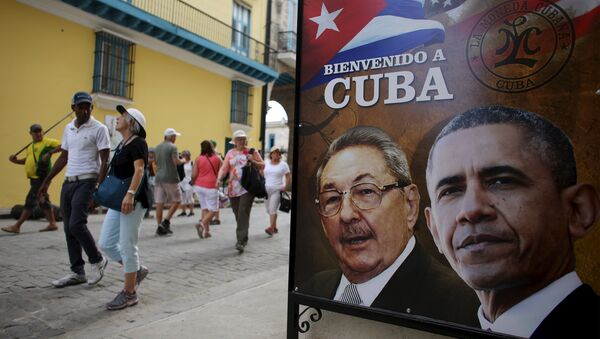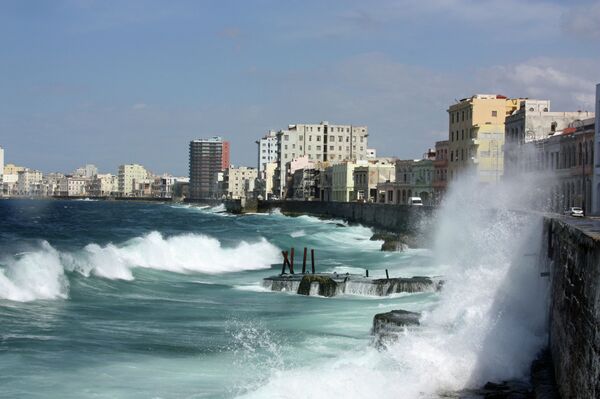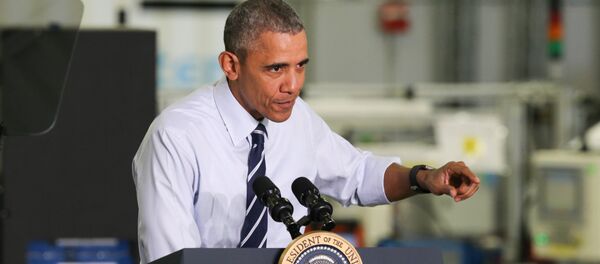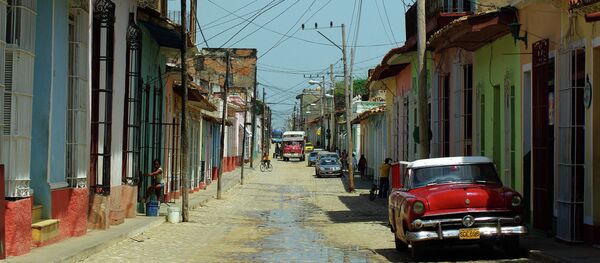"I would not overestimate the importance of the visit. It comes during Obama's last year in office," Nikolai Kalashnikov, a deputy director of the Russian Academy of Sciences' Latin America Institute, told RT.
Nevertheless, the analyst called the visit "a landmark event."
"But in a way this is a visit made by a private individual, not a president. Obama could hardly influence American relations with Cuba at this point. This is more of a last effort to show that he was awarded a Nobel Peace Prize for a reason. I believe that the Cuba visit is Obama's sole achievement in terms of spreading peace globally," Kalashnikov added.
Foreign policy analyst Jorge Hernández Martínez of the University of Havana pointed to the fact that Obama's visit could be aimed at boosting the Democratic Party and Hillary Clinton as its most likely frontrunner.
"If everything goes well and all the goals will be achieved, Obama will likely improve his image and enhance credibility of the Democratic candidate for president, since this person will be seen as the one, who will continue Obama's policies," the analyst told RT.
Obama's sudden policy shift has caused controversy. Unsurprisingly, not everyone in the US is happy with Washington's new course in relations with Cuba – particularly the Republicans.
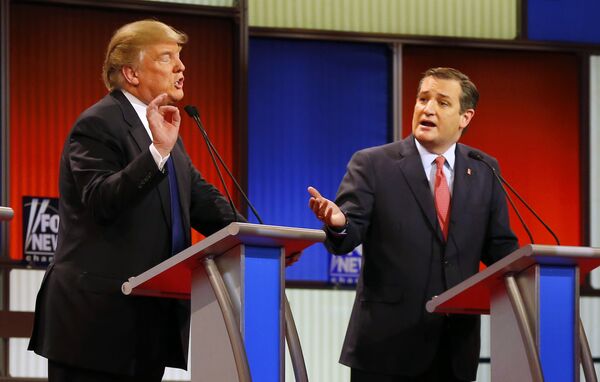
Americans of Cuban descent have largely met Obama's policy shift on Cuba with caution, but their attitudes are changing.
A poll, conducted in December 2015, found that 56 percent of Cuban-Americans backed the decision, while 36 percent were against. In December 2014, when the policy change was announced, 48 percent of respondents were against the thaw, while 44 percent welcomed the move.

